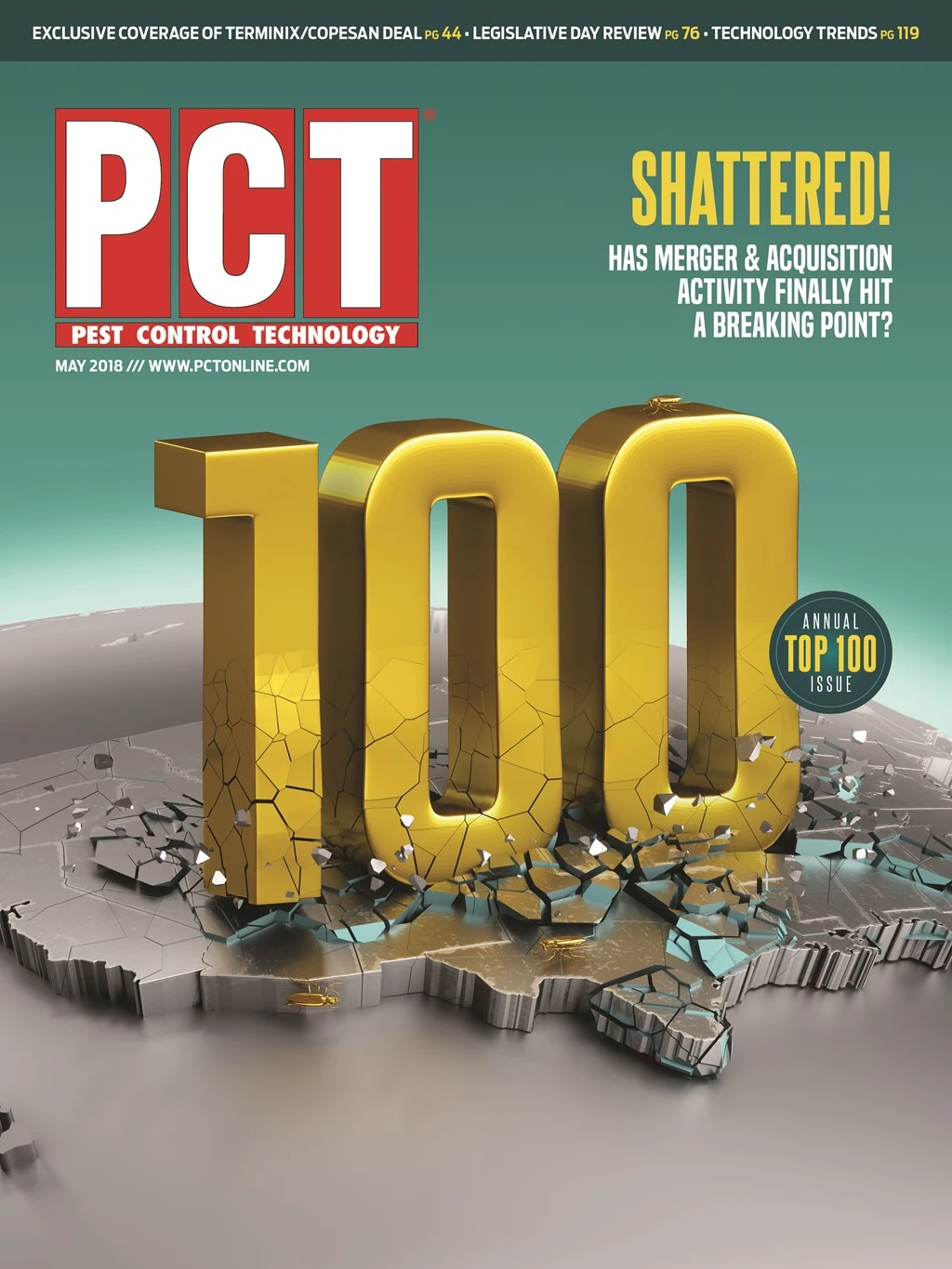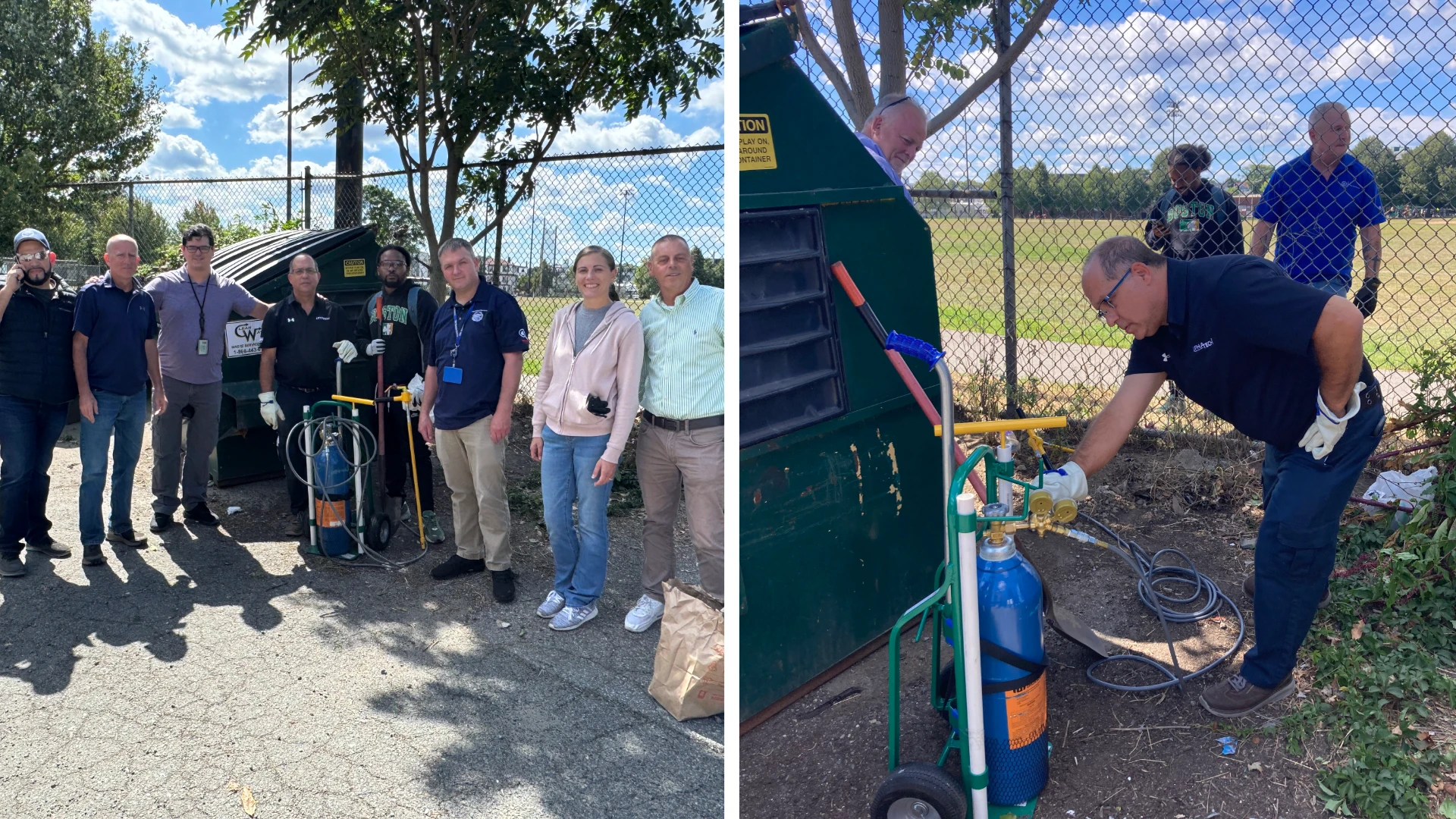
Whether you decide to sell your company because you want to retire or go on to something else, or because someone has made you an incredible offer, selling can be a tough process, not only from the standpoint of getting all of the business details right, but because a lot of emotion is tied into your business.
“It’s a deal you only get to make once, and you’re basically handing over the keys to something your family has built and developed over time. You really want to make sure you get it right for your family and the work family you’ve been with for so long,” says Ryan Bradbury, president of Viking Pest Control, which was acquired by Anticimex in July 2017, and has since acquired Merlin’s Pest Control and RJS Pest Management Specialists. Ryan and his brother, Dan Bradbury, have remained with Viking as president and vice president, respectively, to continue leading the business their parents, Ed and Eileen Bradbury, founded in 1980. Ed Bradbury continues to be part of the team as well, acting as a consultant to Anticimex for both acquisitions and day-to-day operations.
“When Anticimex approached us, we hadn’t been thinking of selling — we were content with our course — but we were intrigued with what Anticimex is striving to achieve globally,” Bradbury continues. “Overall, we recognized that selling would be a great opportunity for everyone involved.”
For example, Bradbury says that in the short time since Anticimex has acquired Viking, Viking employees have had opportunities to visit three different continents. “That certainly wasn’t happening before, so there are some really cool opportunities for our folks: new chances to grow and succeed.”
Here are some of the critical areas business owners consider when evaluating an acquirer:
- Financial issues. If you’ve done your homework, you know the market value of your business. This knowledge is vital as you entertain offers and move into negotiations. It’s also important for you to assess the financial strength of the acquiring company overall, especially if you plan to stay on. You want the legacy you’ve built to continue for generations to come.
- Plans for the business. Will there be a place for your employees? Your management team? Who will make decisions? Will the company keep your brand name or transition to theirs? You’ll likely have a slew of questions to ask, depending on your must-have conditions for moving forward with a deal.
- Transition history. How does the acquiring company handle the transition phase? Do previously acquired companies speak highly of their experience?
- Culture, values and reputation. When you’ve spent years or even decades building a company known for respecting employees, customers, distributors and manufacturers, you want to align with a company that holds similar values, especially if you or your employees are planning to join the new company.

Explore the May 2018 Issue
Check out more from this issue and find your next story to read.
Latest from Pest Control Technology
- Rentokil Terminix Expanded in Key Markets with 2024 Acquisitions
- In Memoriam: Joe Cavender
- Certus Acquires Green Wave Pest Solutions
- Liphatech Adds Alex Blahnik to Technical Team
- Do the Right Sting: Stinging Insect Identification, Management, and Safety
- VAGA's 8th Annual Veterans Thanksgiving Appreciation Dinner
- Clark's Blair Smith on the Response to Increased Dengue Fever Cases in Southern California
- WSDA, USDA Announce Eradication of Northern Giant Hornet from U.S.





